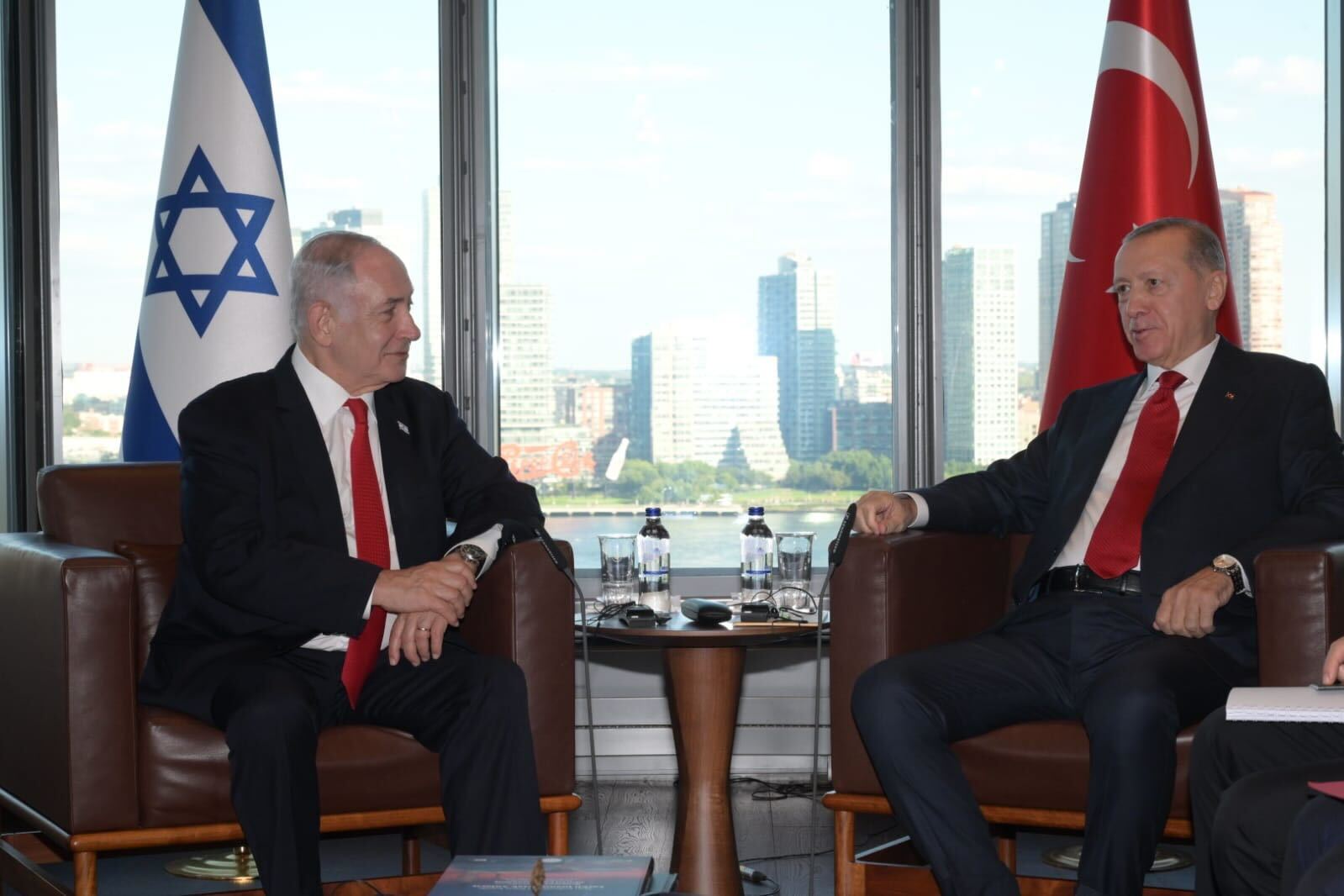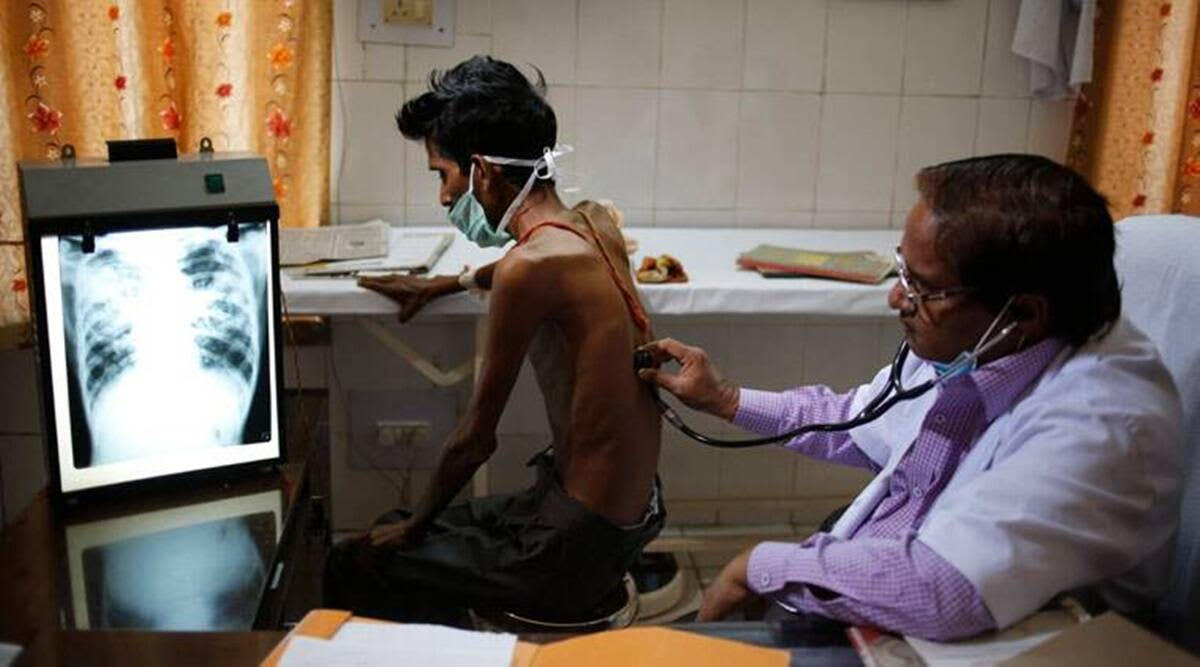
Source Middle East Eye
LONDON, UK: Turkey and Israel will explore joint energy drilling in the Eastern Mediterranean, Turkish President Tayyip Erdogan on Wednesday told journalists who accompanied him to the United Nations General Assembly in New York City.
Erdogan on Tuesday met with Israeli Prime Minister Benjamin Netanyahu in New York, with the Turkish leader saying that "ties between the two countries were improving” after more than a decade of tensions.
Erdogan told reporters the two countries agreed to cooperate on energy and build an energy transmission line between them, linking to Europe.
“Hopefully, we will take this step without too much delay and start energy drilling work with Israel,” Erdogan told journalists. He added that he had extended an invitation to Netanyahu to visit Turkey, after which he would make a trip to Israel.
Erdogan proposed a new mechanism with Israel that would deepen cooperation between the countries’ energy, industry, and tourism ministries. He also said they reached an agreement that they would increase the value of bilateral trade from $9.5bn dollars to at least $15bn dollars.
In a separate statement, Netanyahu’s office said the two leaders committed to “continue advancing bilateral relations in trade, economic matters and energy", and that reciprocal visits between the leaders would take place "soon".
The meeting marks a vast turnaround in ties between Israel and Turkey.
The two have historically enjoyed cordial relations, but ties frayed after an Israeli raid on a Turkish ship carrying aid to the besieged Gaza Strip killed 10 civilians in 2010.
Erdogan is a vocal supporter of the Palestinian cause and Israeli officials have criticised what they say is Turkey’s support for Hamas, the group that governs Gaza, which the US and Israel consider a terrorist organisation.
Erdogan, however, has been mending fences with Turkey’s neighbours. Middle East Eye reported earlier that Erdogan threw his support behind recent attempts to normalise ties between Israel and Saudi Arabia.
Courting Israel
Meanwhile, Turkey has been patching up relations with Greece, its historic foe in the Eastern Mediterranean.
On Wednesday, Erdogan held a more than one-hour-long meeting with his Greek counterpart, Prime Minister Kyriakos Mitsotakis in New York.
Athens and Ankara have competing claims to maritime zones that hold potentially lucrative gas reserves. The two came close to conflict in 2020 after their warships collided in the Mediterranean.
Turkey and Greece have both courted Israel as a partner to develop energy infrastructure.
Turkey has said that Athens' plan for an Eastern Mediterranean pipeline linking Israeli gas fields to Greece and Italy is unrealistic, and that it infringes on its maritime rights. The plan was eventually shelved as energy companies balked at its $6bn price tag and the US criticised its feasibility.
More recently, MEE reported that Cyprus, a close ally of Greece, is pushing for a downsized version of the pipeline that would link Israel to the divided island nation from where gas can be shipped in the form of liquified natural gas.
That pipeline could compete with Anakara's plan.
Turkish Energy Minister Alparslan Bayraktar said last week that Turkey was still discussing a pipeline from Israel to Turkey and on to Europe.
"It’s economically much more feasible, much more viable. You can easily attract capital and make money for the investors with this project," he said.








0 Comments
LEAVE A REPLY
Your email address will not be published